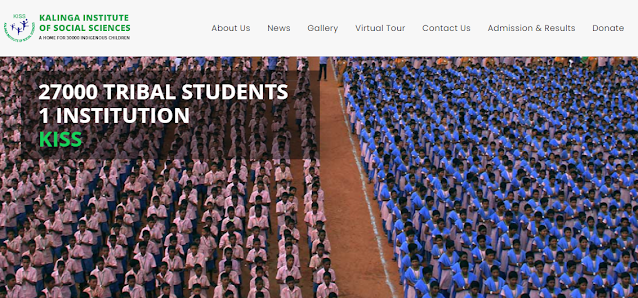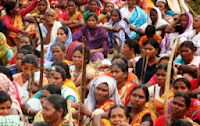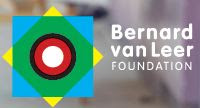Tribal Languages get a boost in Andhra Pradesh through Multilingual Education
Andhra Pradesh has a long history of engaging with multilingual education among the tribal groups. It is good to note that the latest initiative not only focuses on material development, but also on the training of teachers. Hopefully this will make the program more sustainable than previous attempts . While reading up on this, I discovered an NGO that I was not aware of: It is good to note what NEG FIRE is engaged with! According to the recent report from the Times of India , ‘teacher training modules’ have been developed for tribal languages of Andhra Pradesh. The Tribal Cultural Research and Training Mission (TCRTM) held a two-day workshop for the same at Rushikonda. Mother-Tongue-Based Multilingual Education (MTB-MLE) has been implemented in 1,350 schools in the state according to this news report. The languages covered by this include the Koya, Savara, Adivasi Oria, Jatapu, Kuvi, and Konda Dora. They plan to train 1,400 teachers who are already working in these schools.( TOI repo














